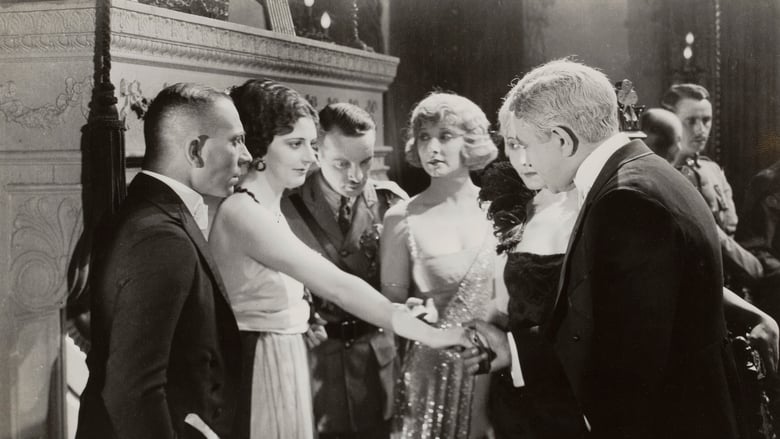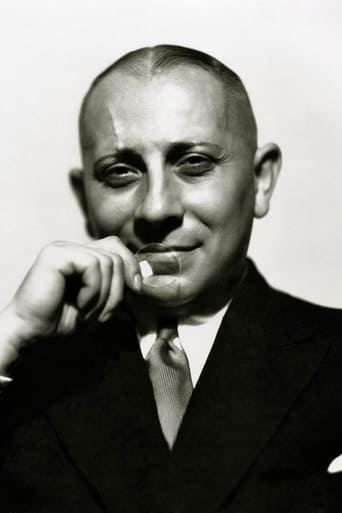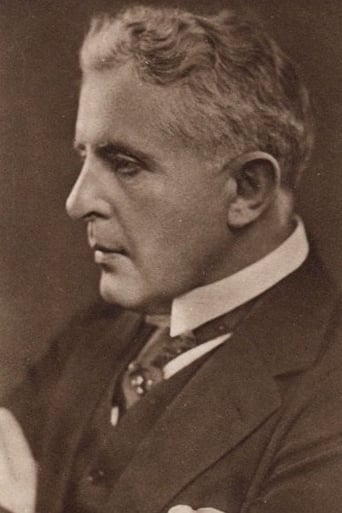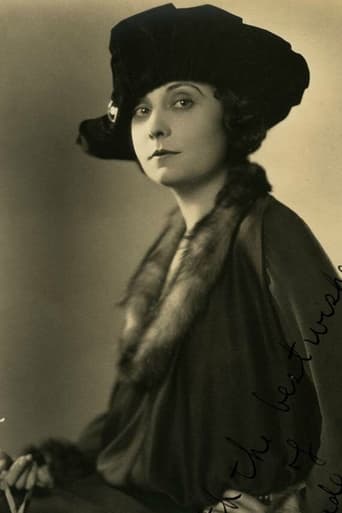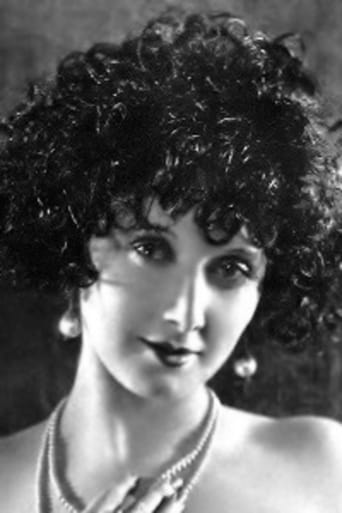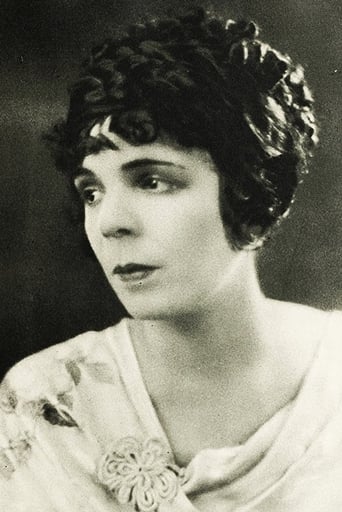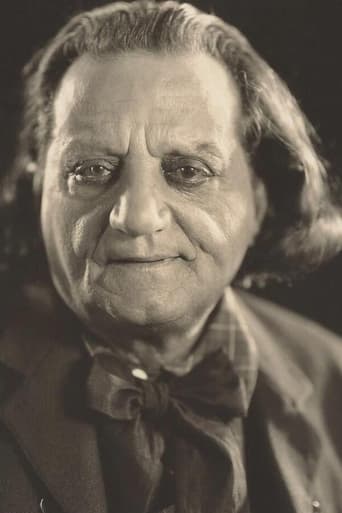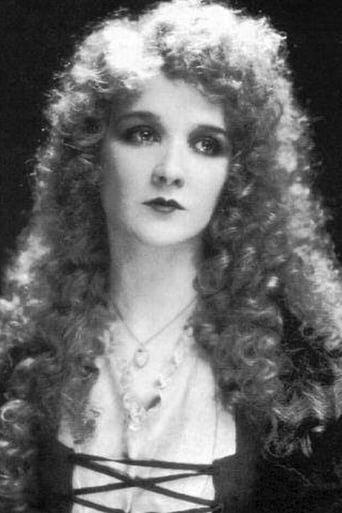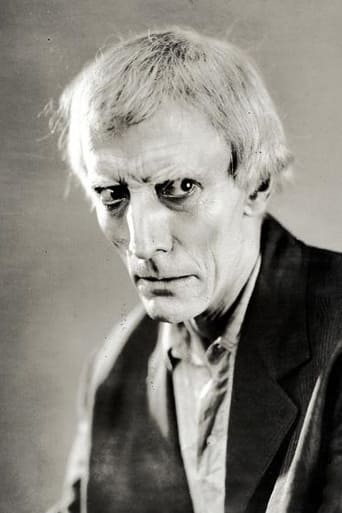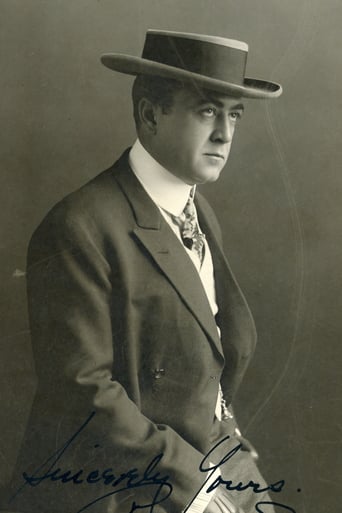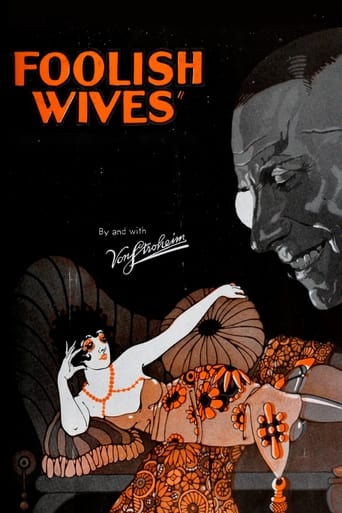
A con artist masquerades as Russian nobility and attempts to seduce the wife of an American diplomat.
Similar titles
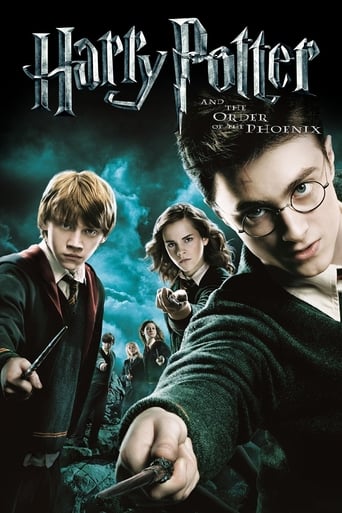



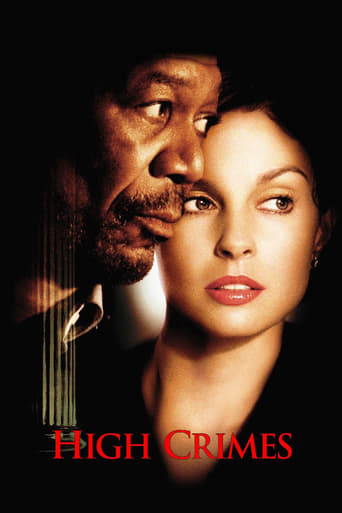
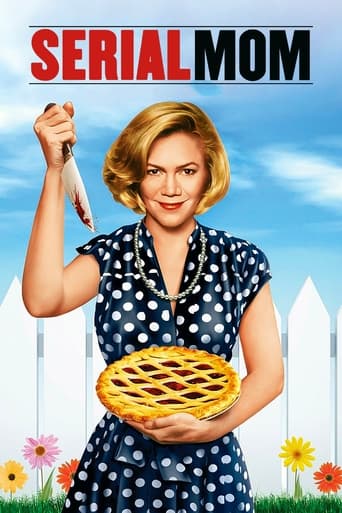
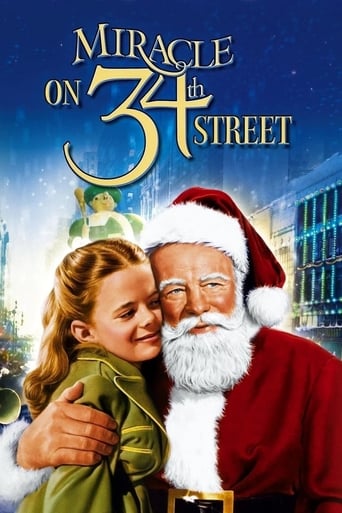
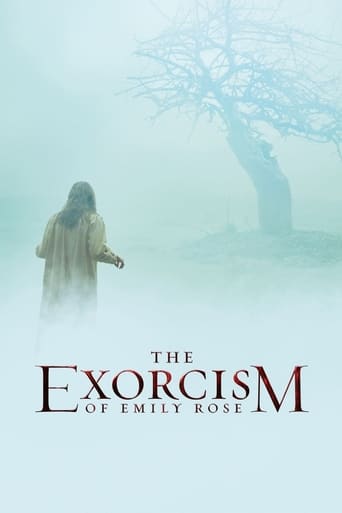
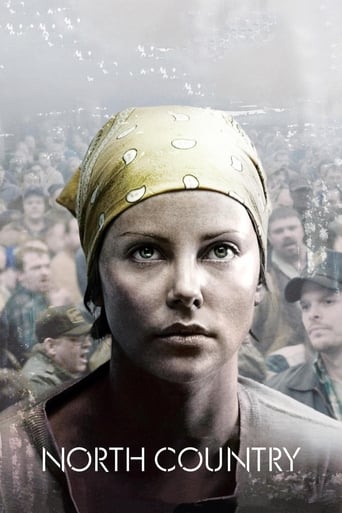
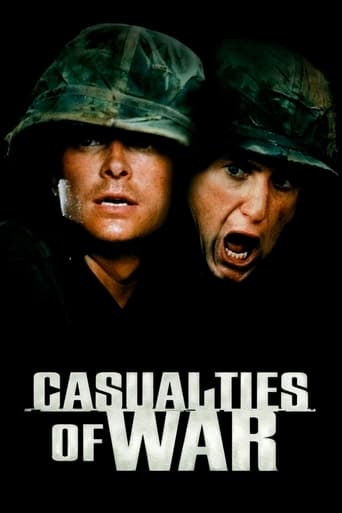
You May Also Like
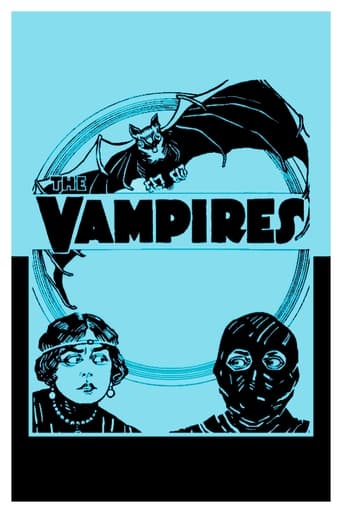

Reviews
A Major Disappointment
Tells a fascinating and unsettling true story, and does so well, without pretending to have all the answers.
what a terribly boring film. I'm sorry but this is absolutely not deserving of best picture and will be forgotten quickly. Entertaining and engaging cinema? No. Nothing performances with flat faces and mistaking silence for subtlety.
It is an exhilarating, distressing, funny and profound film, with one of the more memorable film scores in years,
Copyright 11 February 1922 by Universal. New York opening at the Central: 11 January 1922. 10 reels. (A 10/10 Kino DV).COMMENT: Kino's superb restoration of this million dollar drama of a trio of Russian con artists who fasten on the newly appointed U.S. ambassador and his wife in a most extravagant and elaborate studio-reconstructed Monte Carlo, is must viewing even for non-Stroheim fans. Complete with Sig Romberg's original score and gorgeously tinted photography, the movie holds viewers spellbound from first to last, partly due to the unusual story and its twisted characters and partly due to the drive, yet fastidious attention to detail, of von Stroheim's direction. Needless to say, the von, meticulously attired from polished boots to rakish cap, has seen to it that he is nearly always the center of interest; but Miss DuPont has some great moments as the wife of the title, and Rudolph Christians (in his last film - he died of pneumonia on 7 February 1921) impresses as the naïve but finally open-eyed spouse.
What can be said? This movie is a challenge of near-epic proportions.Today, we have killer food-eating contests (quantity, spiciness). But I think 1922 may have given us our first film endurance challenge that may actually have an impact on human health.Fifteen minutes in, you realize this is no entertainment. It's an assault on the mind. After having been told this film, slightly longer than 2 hours, was cut from a planned 6-10 hours, you contrast this information with the slow, plodding, drawn-out, pointless scenes. The maddening impossibility of it attacks logic, fries the brain.I believe a good many reviewers had to have access to a sharp stick, or perhaps some illegal speed-like drugs, to survive the ordeal. Even live piano accompaniment does nothing to diminish the strain of trying to remain awake, in a pleasant mood.I'm so glad it's over. You'd best avoid it. If you don't, remember I warned you.
Erich von Stroheim is most famous for writing and directing the film 'Greed' (1924), which originally clocked in at 9 hours in length (42 reels of film). Much mutilated and shortened by various editors, the copies that survive today are about 239 minutes. This earlier film, known as the first million dollar film in terms of initial cost, features Stroheim as writer, director and star. The finished version that he delivered to Universal was 8 hours long! It also suffered a similar butchering, but today we have a cobbled together version that is 146 minutes (about two and a half hours). The film tells the story of a con man, a fake Count Karamzin (Stroheim) and his accomplices: it is never boring, is full of extravagant sets, some rich set pieces and it makes great use of color tinting and quick dissolves.Stroheim's style seems to have had two main aspects: extravagant production and design with authentic detail, and scenes and sequences that unfold and develop in their own sweet time. At Point Lobos in Southern California, Stroheim had an immense reconstruction of Monte Carlo built as one of the major settings for the story. The frames there are filled with activity, huge casts of people, even down to little accurate details. These scenes are on the scale of 'Intolerance' (1916) or 'Cabiria' (1914).No wonder he'd wind up with 42 reels: sequences develop at their own pace and are almost set pieces in themselves. The first obvious example is the opening scene on the balcony, in which we are introduced to the key characters (the Count, his two 'cousins,' the maid, the counterfeiter, Ventucci, and his daughter, who all figure in the finale) during a leisurely breakfast. Another famous one is the Count's failed attempt to seduce the wife, Mrs. Hughes, in the old hag's cottage during an intensive rainstorm.The color tinting is well done throughout the film: daytime interiors will be brown; night time interiors a light plum and night exteriors blue; but Mr. and Mrs. Hughes's suite is only always black and white; during the finale there are fast cuts between the orange-red fire and the blue night. The entire film is interesting to watch, with von Stroheim nicely telling us with eye, tongue, and facial movements his wicked intentions, feelings and duplicitous nature.The musical score by Sigmund Romberg is listenable all by itself, but is not the greatest matching piano accompaniment. We also get Mae Busch as one of the con 'cousins.' Later featured in 'Our Gang' comedies, she was also a regular fixture in many Laurel and Hardy shorts. She was "Mrs. Hardy" in three of them, including the wonderful sitcom type feature 'Sons of the Desert' (1933) and as Ollie's crazed fiancée in 'Oliver the Eighth' (1934).I'll give the film an 8 for its sumptuous design and rich development.
Erich von Stroheim (1885-1957) was a man with many realities. He was born into a poor Jewish family in Vienna, tried to join the Habsburgian army but was rejected, flew to the United States and started as a swimming instructor and boat guide. How he managed to meet David Griffith is unclear, but finally Griffith appointed von Stroheim as assistant director for his "Intolerance" (1916). It is hard to imagine how such different characters like Griffith and von Stroheim could get along with one another, but I assume that the most important feature that they shared was their megalomania. Soon after, von Stroheim started his career as director and actor, although he had no education at all not in theater, not in film business, not in literature. But this did not prevent him either to write screenplays.After his debut with Griffith, he changed his identity and invented a new one. He added the predicate "von" to his name, told everybody that he is the descendant of a family of Viennese nobles and had made a carrier as an imperial officer in the Habsburgian army. Von Stroheim trained so long, until he could perfectly imitate the behavior of all ranks from a colonel up to a general, from a prince up to a count. And these were the roles that he should play mostly during his whole life: counts, barons, captains, lieutenants, majors, generals. He played them until he believed that he was what he played: the borders between his seeming and his being became more and more fluid. It therefore would be a terrible mistake to assume that Erich von Stroheim was a liar, a cheater and a betrayer. Similar to Don Quixote, he constructed his own reality, including his identity and believed in it himself.Strangely enough, although von Stroheim directed only about 10 movies, but acted in in 74, he is nowadays known mainly as a director. Once arrived in the United States, the Habsburgian monarchy was broken together already, so nobody could check if Erich von Stroheim was an Austrian noble, an officer or not. In his very personal way, von Stroheim took the famous passage of the Declaration of Independence more seriously than many other Americans or peoples who became Americans: the breaking-up of his own past and scooping out fully his chances in the land of unlimited possibilities. However, in creating his personal reality, he was obliged to maximal authenticity. So von Stroheim for example reconstructed meticulously the Casino of Monte Carlo for his movie "Foolish wives" (1922). Instead of using raspberry jam as imitation for caviar he had imported original Russian Beluga caviar extremely expensive and hard to get so shortly after World War I. The movie was the hitherto most expensive film, it cost over one million of dollars. Von Stroheim's megalomania caused by his obsession for authenticity in order to convince not only the public but mostly himself about his creations of reality leaded finally to the end of his directing career in the United States and also inaugurated much later his fame as the most extravagant film director ever.Married to Valérie Germonpréz, Erich von Stroheim met already in the United States his secretary and later life-mate Denise Vernac (1916-1984), who was 31 years younger than him. Although he never divorced from his wife, he finally left the U.S. after his failure as a director and lacking film roles. He settled to France in the castle of his girlfriend who enabled von Stroheim to continue his life of self-creation. He always wore his golden watch and bracelet, his stick with silver knob and dressed like a baron. Totally unaware that he could never reestablish himself as a film director, he continued writing screenplays that would never be filmed. His style of writing was so clumsy that he could not even publish the novels that he also wrote. He drew whole film scenarios that never would be put in scene. Meanwhile he appeared in main roles in French and again in American movies in which he played his usual roles in order to forget that he sat, as a director, unnoticed by the world in the castle of his girlfriend, writing letters of love to his wife, but fully depending financially on his girlfriend, his only public performances being his showing-ups in Paris' most expensive high-society restaurant "Maxims" where everybody knew him. In order to get there from Maurepas, where von Stroheim and Denise Vernac lived, they had to drive each evening a long way. Often, von Stroheim presented himself in the restaurant in the costumes of the barons and generals that he played on screen: the borders between reality and fantasy were abolished. However, he did not lack a special kind of self-irony, and this is shown best in "Foolish wives", where a girl is reading a book with the same title, allegedly written by Erich von Stroheim or in another movie where he played a megalomaniac film director. But nevertheless, he acted in real life, and his life of self-creation was doubtless his greatest role. In this context, is seems almost ironical that only a few days before his death the state of France appointed him knight of the honorary legion: Erich von Stroheim's only real award that was not created by himself.
Top Streaming Movies











